Search
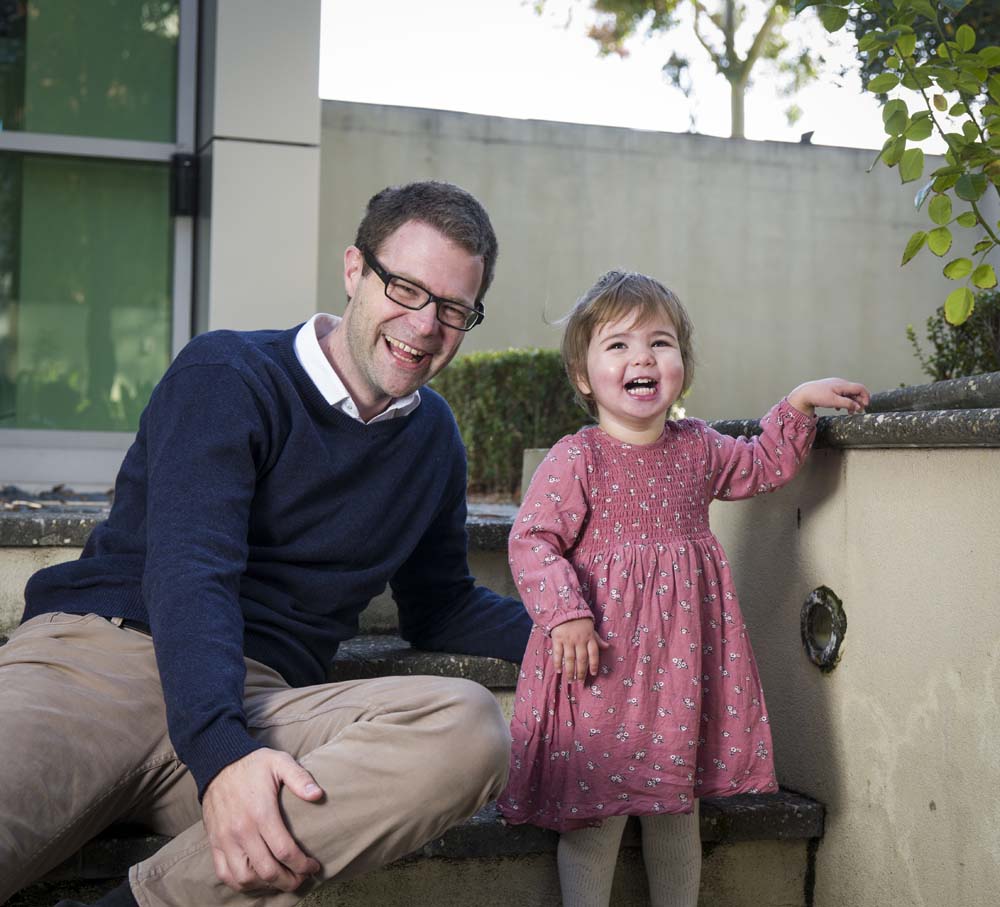
News & Events
The Kids Research Institute Australia researcher a finalist for 2017 Eureka PrizeAutism researcher, Professor Andrew Whitehouse from The Kids has been named a finalist in the Eureka Prize for Emerging Leader in Science
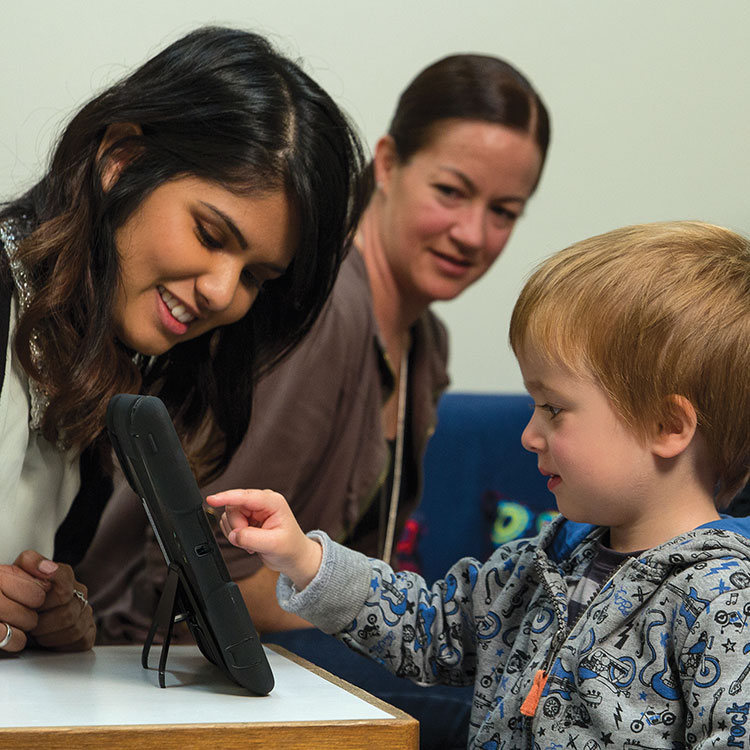
News & Events
Children with autism may benefit from app-based therapiesA The Kids Research Institute Australia study has shown that in addition to intervention with trained therapists, children with autism may benefit from app-based therapies.
About The Autism Register
The Autism Register Team are running short, informative workshops at your organisation or at a location close to you. We aim to get your feedback about the new Autism Register, answer your questions and demonstrate the online portal.
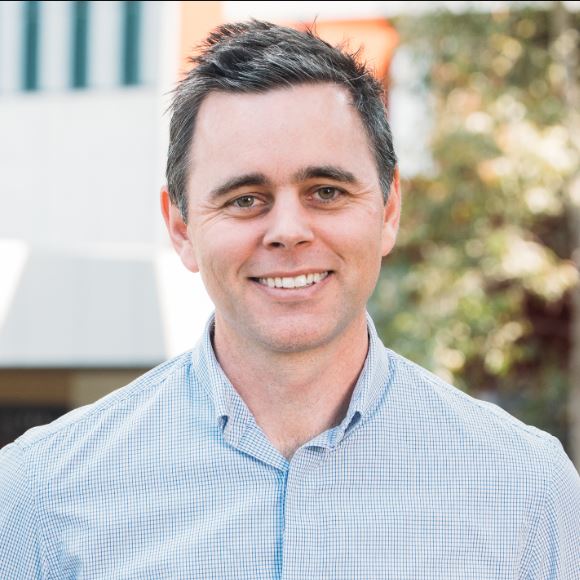
News & Events
CliniKids and Griffith University partner for autism researchThe Kids Research Institute Australia’s CliniKids and Griffith University are excited to announce a new partnership which will help to grow autism research in Australia.

News & Events
NDIS audit completeOur NDIS audit was completed late February, resulting in continued registration for CliniKids as a NDIS service provider.
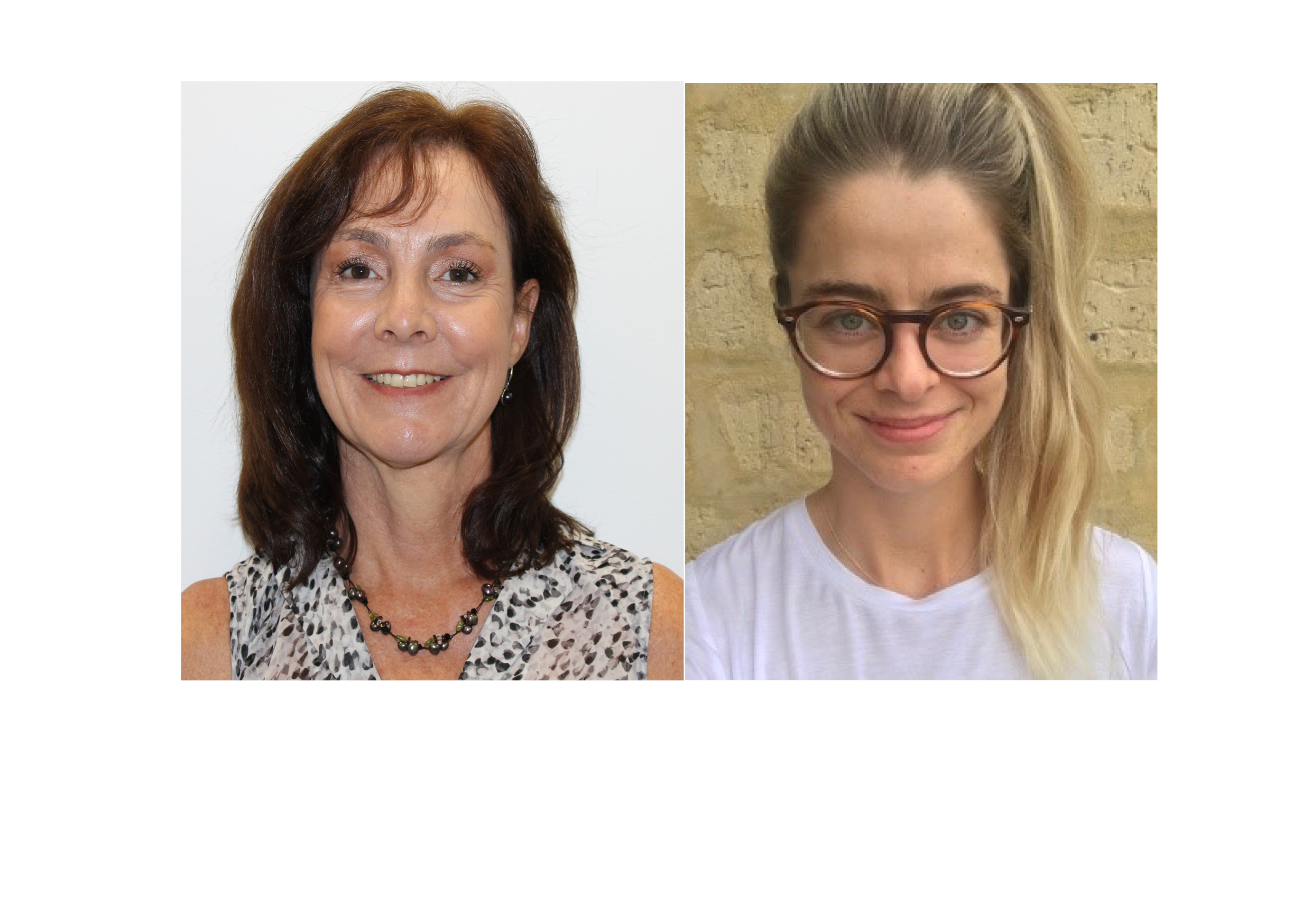
News & Events
Welcome to the team Theresa and Ally!There are two new faces at CliniKids, Theresa, our new Clinical Services Manager and Ally, our new Occupational Therapist.
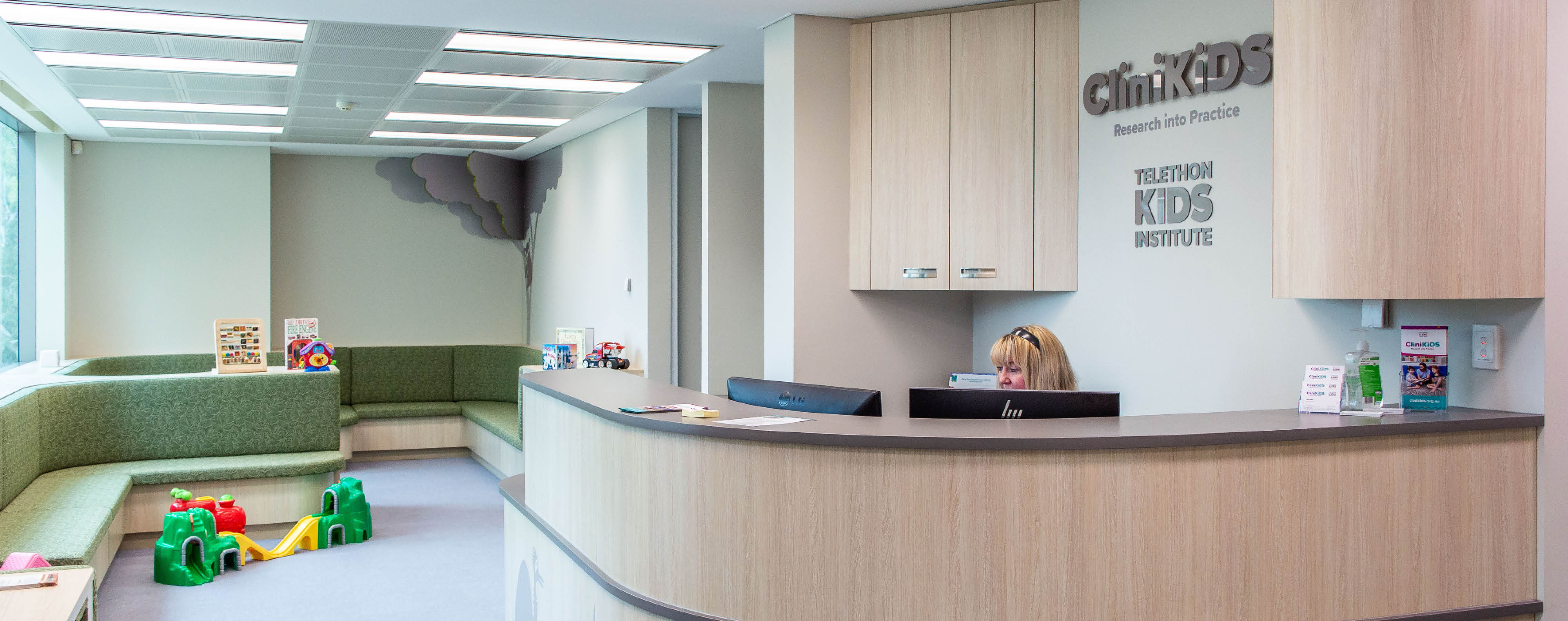
News & Events
Clinic news December 2021Stay updated with the latest news and events from Clinikids in December 2021, focusing on child health innovations and community engagement. Explore more now!
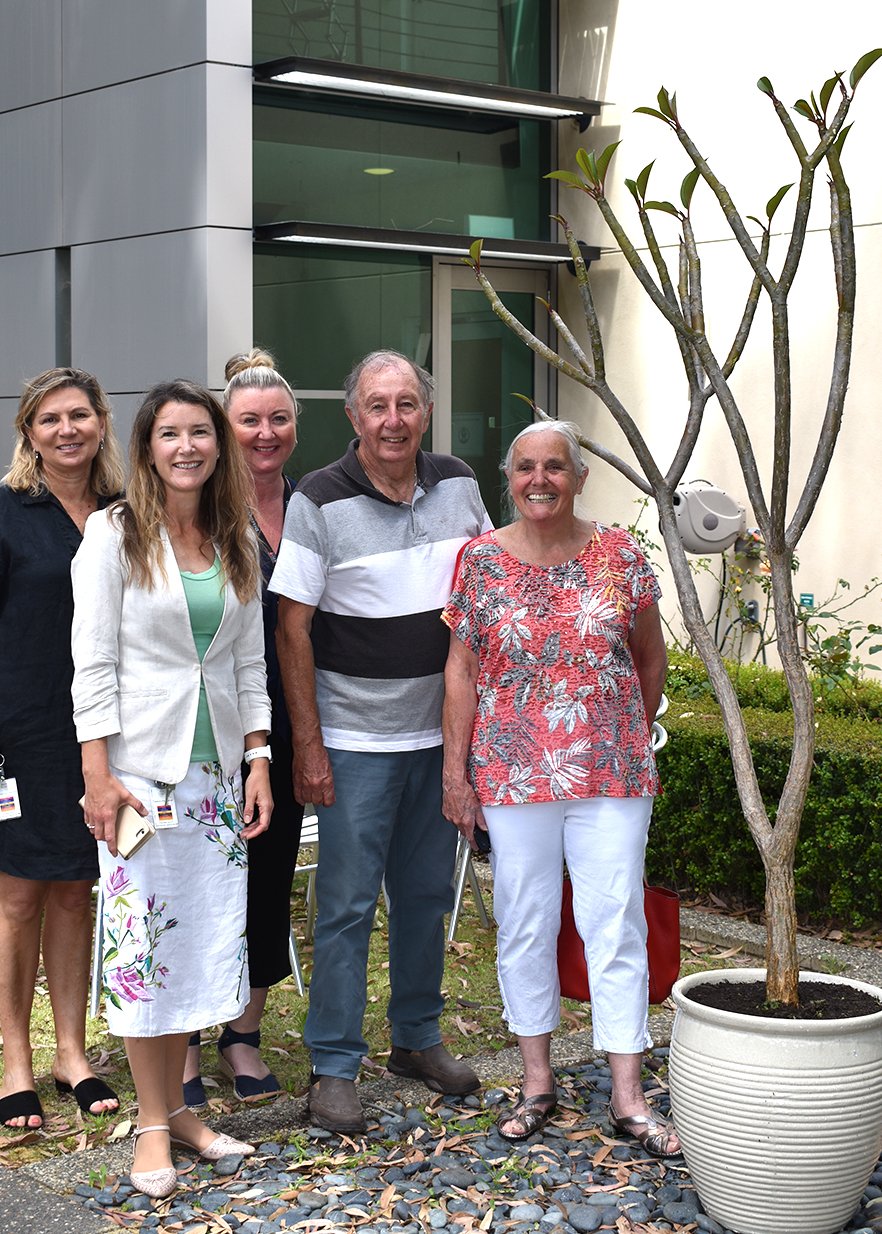
News & Events
Frangipani for KateThank you to Dave and Marieke Taylor of the Rotary Club of Scarborough who have donated a frangipani tree from their own garden to CliniKids to honour our late colleague, Kate Sorensen.
